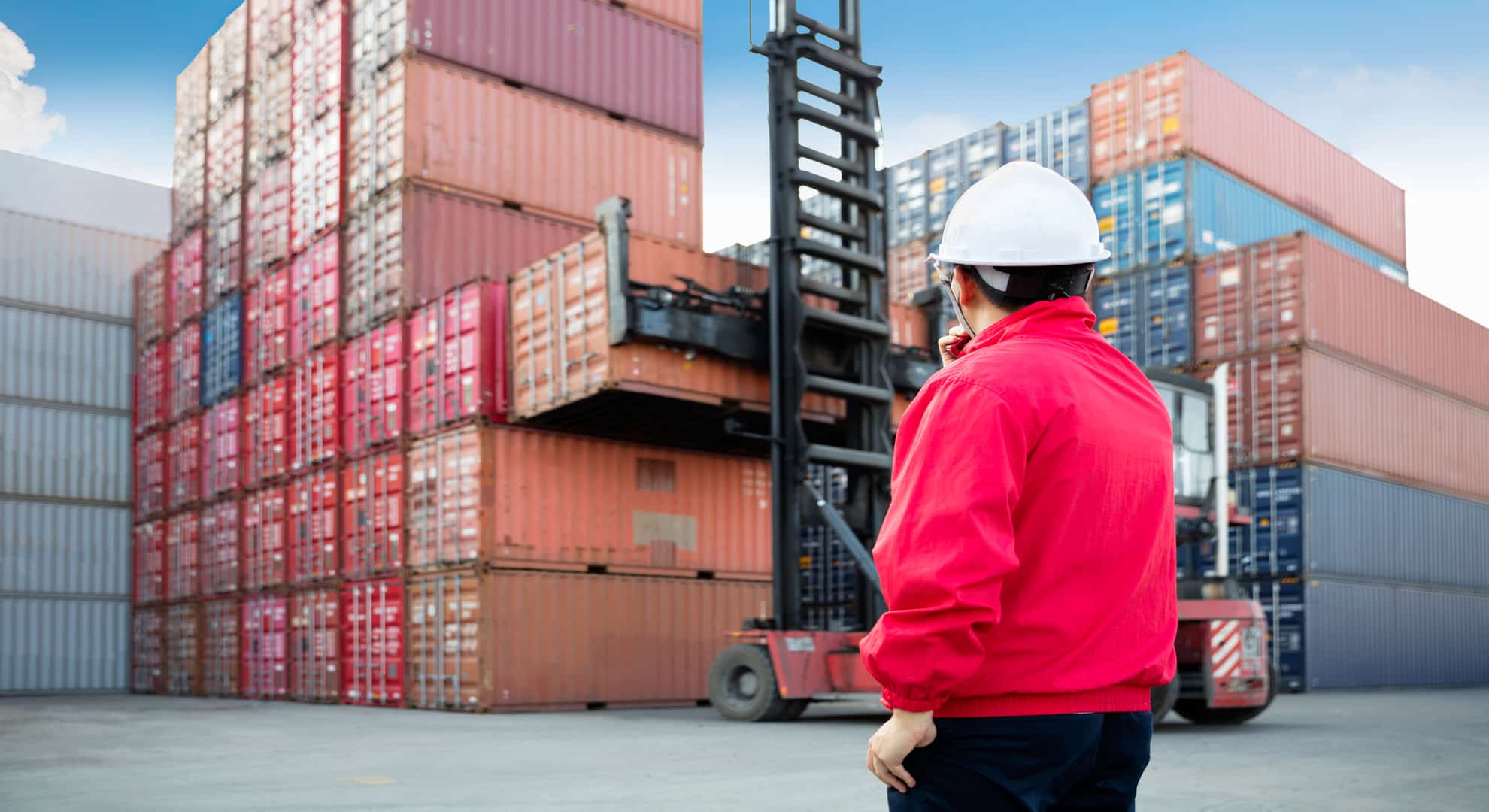
05 Aug The role of blockchain in logistics
Can a single link compromise the integrity of an entire chain? Definitely. And in the world of logistics, every one of the elements involved in the process of moving a product from A to B somewhere on the planet plays a critical role. That’s why a single ship blocking the Suez Canal can set off the global economic alarm. And it’s also why a global pandemic can change the focus of an entire sector internationally. But logistics supply chains could turn their gaze towards another chain altogether – blockchain technology – to face up to both current and future challenges.
Maintaining and improving logistics efficiency thanks to blockchain
Blockchain is the closest thing we have to a global data network that, despite its size, retains its integrity and independence at all times, given it’s made up of a series of nodes – or links in the data chain – that are both distributed and secure. As such, in logistics processes where a constant flow of information is vital, blockchain can improve these processes. This also applies to processes where data volumes can grow exponentially and, despite this growth, still need to maintain security and be efficient.
Taking the characteristics of blockchain into account, among many others, we can say with some certainty that, in addition to other benefits for logistics processes, this particular technology can offer serious support, including:
- Better route planning
- Optimised fleet maintenance
In terms of planning, blockchain makes it possible to generate forecasts, check the status of different routes and, as a result, anticipate any potential problems or traffic jams. This guarantees better use of available time and improved efficiencies on each route, as well as facilitating any changes in the event of unforeseen circumstances without this automatically leading to a failure to meet deadlines. Vehicle and transport fleets – whether land-based or otherwise – can also benefit from blockchain technology, from real-time route tracking of each transport unit to an incremental record of revisions, maintenance and repairs, mileage travelled and other relevant information for optimised transport fleets.
Beyond traceability: smart contracts and blockchain
The inviolability of blockchain means virtually indestructible real-time tracking of shipments are now possible – without the unwanted involvement of external third parties or malicious modification of information within these chains. This, in turn, and as we have seen, can ostensibly improve the processes of sending, transporting and receiving goods. But, luckily, blockchain can offer many more advantages to both national and international logistics thanks to smart contracts.
A smart contract is nothing more than a program – introduced within a blockchain – that behaves in a certain way and generates a series of actions whenever a series of conditions are met – and only in that scenario. This set of actions can be designed freely in advance. For example: generate a registration number, register the entry in an inventory, issue a receipt, release funds, etc. All this in a single process, where necessary.
The use of blockchain-based smart contracts in logistics processes guarantees:
- Security
- Transparency
- Reliability
- Speed, accuracy and efficiency
- Reduced costs
The widespread rollout of blockchain in the logistics sector – as well as the definition and application of certain technological standards in this regard in the near future – could help retailers and major stakeholders, as well as suppliers from any country, to minimise the impact that instability in our globalised world can create for industries, commercial sectors and national economies. Although blockchain is not a cure-for-all, it can certainly contribute to the strength of our logistics supply chains.

